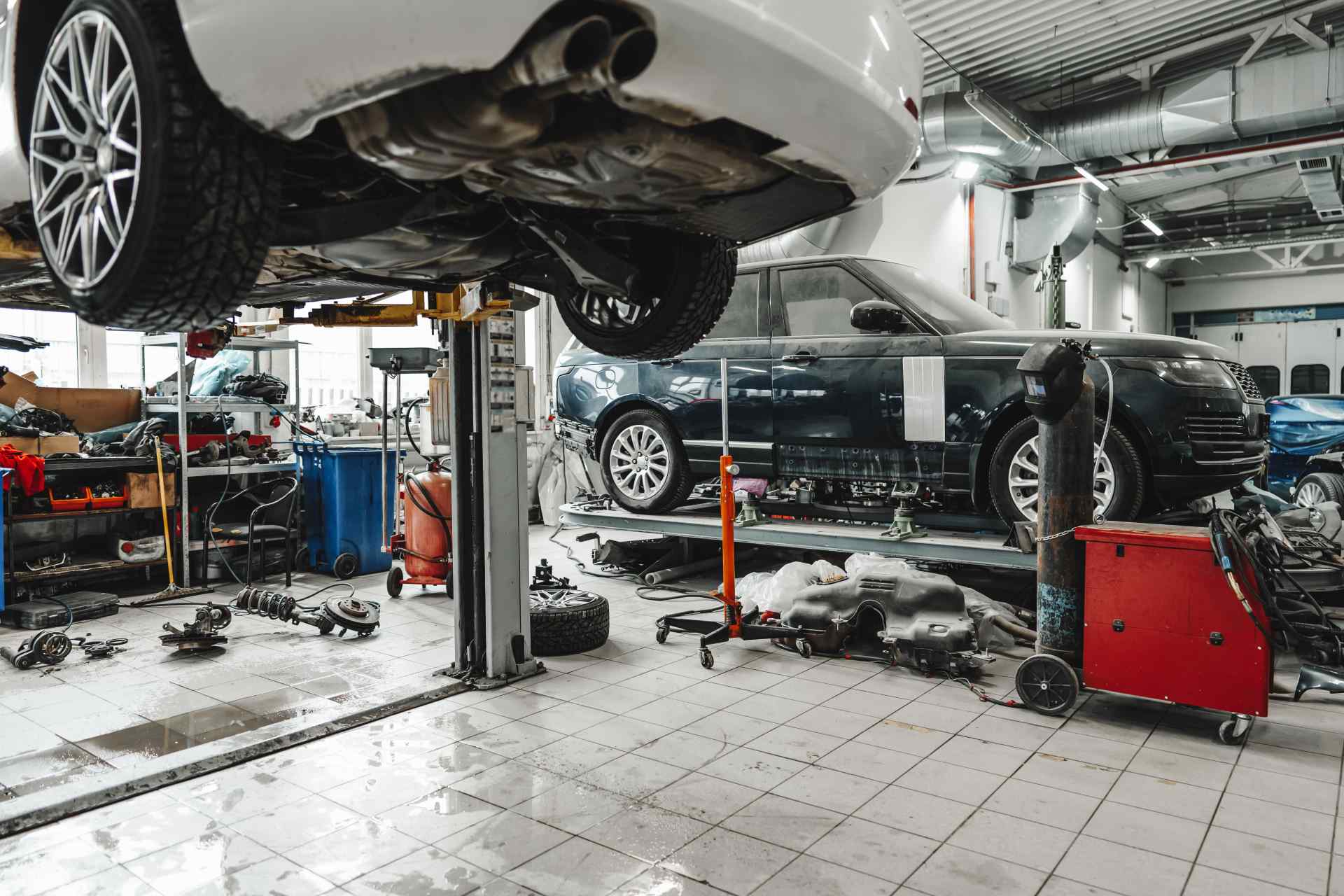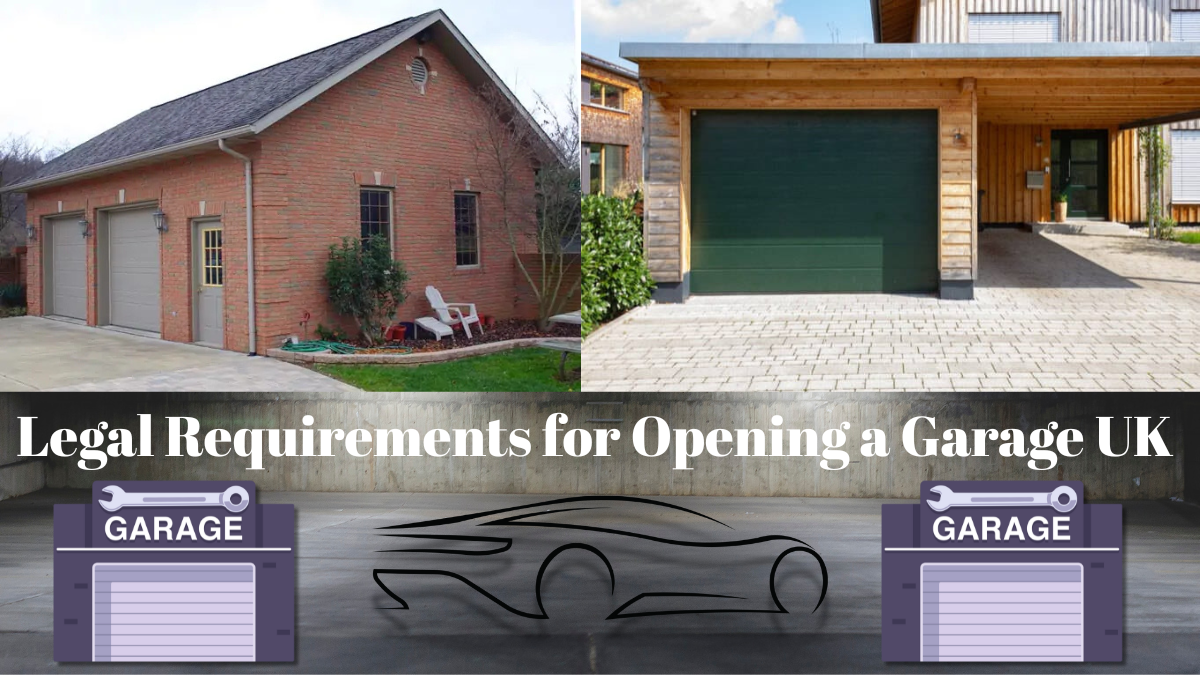Legal Requirements for Opening a Garage UK: 2025 Complete Business Guide
When it comes to starting a garage business, knowing the legal requirements for opening a garage UK is the first and most important step. The motor trade is regulated to ensure safety, compliance with local authority standards, and fair business practices. Ignoring these rules can lead to heavy fines, closure orders, or even permanent bans from operating in the sector.
The legal framework covers areas such as planning permission, health and safety, employment law, environmental controls, and registration with government bodies. Anyone planning to run a workshop, whether as a sole trader or a limited company, must carefully check these requirements. Doing so not only keeps the business lawful but also builds trust with customers who expect professional and reliable services.
Planning permission and premises approval
One of the most overlooked legal requirements for opening a garage UK is securing proper planning permission. If you are converting an existing building into a garage or constructing a new one, your local council must approve the change of use. This is especially important in residential areas where noise, traffic, and environmental impact are taken into account.
The premises must also meet accessibility rules, provide safe working areas, and comply with fire safety regulations. Councils may place additional restrictions, such as designated parking spaces or waste disposal measures, to reduce community disruption. Checking with the planning department early avoids costly mistakes and ensures your garage operates legally from day one.
Health and safety regulations
Every workshop must follow health and safety standards set out by the Health and Safety Executive (HSE). This is a vital part of the legal requirements for opening a garage UK. Employers are responsible for providing safe working conditions, proper ventilation, fire exits, and protective equipment for staff. Failing to do so can result in legal action and reputational damage.
Employees should also receive training on how to handle tools, equipment, and potentially dangerous substances. Risk assessments must be carried out regularly, and records of safety checks should be kept up to date. By taking health and safety seriously, garage owners not only follow the law but also create a secure and efficient environment where staff and customers feel protected.
Environmental responsibilities for garages

Another key area in the legal requirements for opening a garage UK is environmental compliance. Garages often produce hazardous waste such as oils, solvents, tyres, and batteries. These cannot be disposed of like ordinary rubbish and must be collected by approved waste carriers. Local councils and the Environment Agency monitor disposal practices closely, so proper procedures are essential.
Premises should also have suitable storage facilities to prevent leaks, contamination, or pollution of soil and water sources. Spill kits and containment systems are mandatory in many areas. By following environmental responsibilities, a garage demonstrates professionalism and helps protect the local community from harm caused by improper waste handling.
Business registration and tax obligations
Every new business must be registered with HM Revenue & Customs (HMRC). This is one of the fundamental legal requirements for opening a garage UK. Whether you operate as a sole trader, partnership, or limited company, the law requires you to declare earnings, pay income tax, and submit accurate records each year.
VAT registration becomes compulsory if your turnover exceeds the threshold set by HMRC. Many garages also choose voluntary VAT registration to appear more professional to customers and suppliers. Keeping detailed financial records not only ensures compliance but also supports future growth and access to funding if you plan to expand your business.
Employment law and staff management
If you plan to employ mechanics, apprentices, or administrative staff, you must comply with UK employment law. The legal requirements for opening a garage UK include providing written contracts, paying at least the minimum wage, and offering a safe workplace. Employees are also entitled to holiday pay, rest breaks, and protection against discrimination.
Training and certification for staff are equally important. For example, anyone conducting MOT tests must have DVSA approval and complete ongoing training. Having qualified staff ensures high standards of service and avoids penalties for unlicensed operations. A strong employment framework helps garages build a reliable team that contributes to long-term business success.
Special requirements for MOT test centres
For garages that want to become authorised MOT centres, additional legal requirements apply. The premises must be approved by the Driver and Vehicle Standards Agency (DVSA), and the workshop layout must meet strict guidelines. This includes having designated bays, testing equipment, and suitable waiting areas for customers.
The business must also appoint a qualified MOT manager and tester who have completed the required training. Regular audits and site inspections by the DVSA ensure that test centres remain compliant. Meeting these standards allows garages to expand their services and attract a wider customer base by offering government-approved vehicle testing.
Conclusion
Opening a garage in the UK offers excellent opportunities, but success depends on strict compliance with legal obligations. From planning permission and health and safety to environmental controls and employment law, each requirement is designed to keep businesses fair, safe, and sustainable. Understanding the legal requirements for opening a garage UK ensures you start on solid ground, avoiding penalties and building long-term customer trust.
FAQs
Do I need qualifications to open a garage in the UK?
No formal qualifications are needed, but recognised training boosts credibility and is required for MOT testing.
Is planning permission required for opening a garage?
Yes, planning permission is often necessary when converting or building premises for commercial use.
Can I run a garage from home in the UK?
Yes, but it requires planning permission and compliance with local zoning and safety regulations.
What are the MOT test centre legal requirements?
MOT centres need DVSA approval, suitable facilities, and certified testers to operate legally.
Do I need to register for VAT when opening a garage?
Yes, VAT registration is required once your turnover exceeds the HMRC threshold.
How do I dispose of hazardous waste legally in a garage?
Hazardous waste must be collected by licensed carriers and stored according to environmental rules.
What licences do I need to open a mechanic shop in the UK?
Most garages need local council approval, and some may require a Motor Vehicle Repair Licence.
You May Also Read: Personalised Touch with West Ham Number Plates







